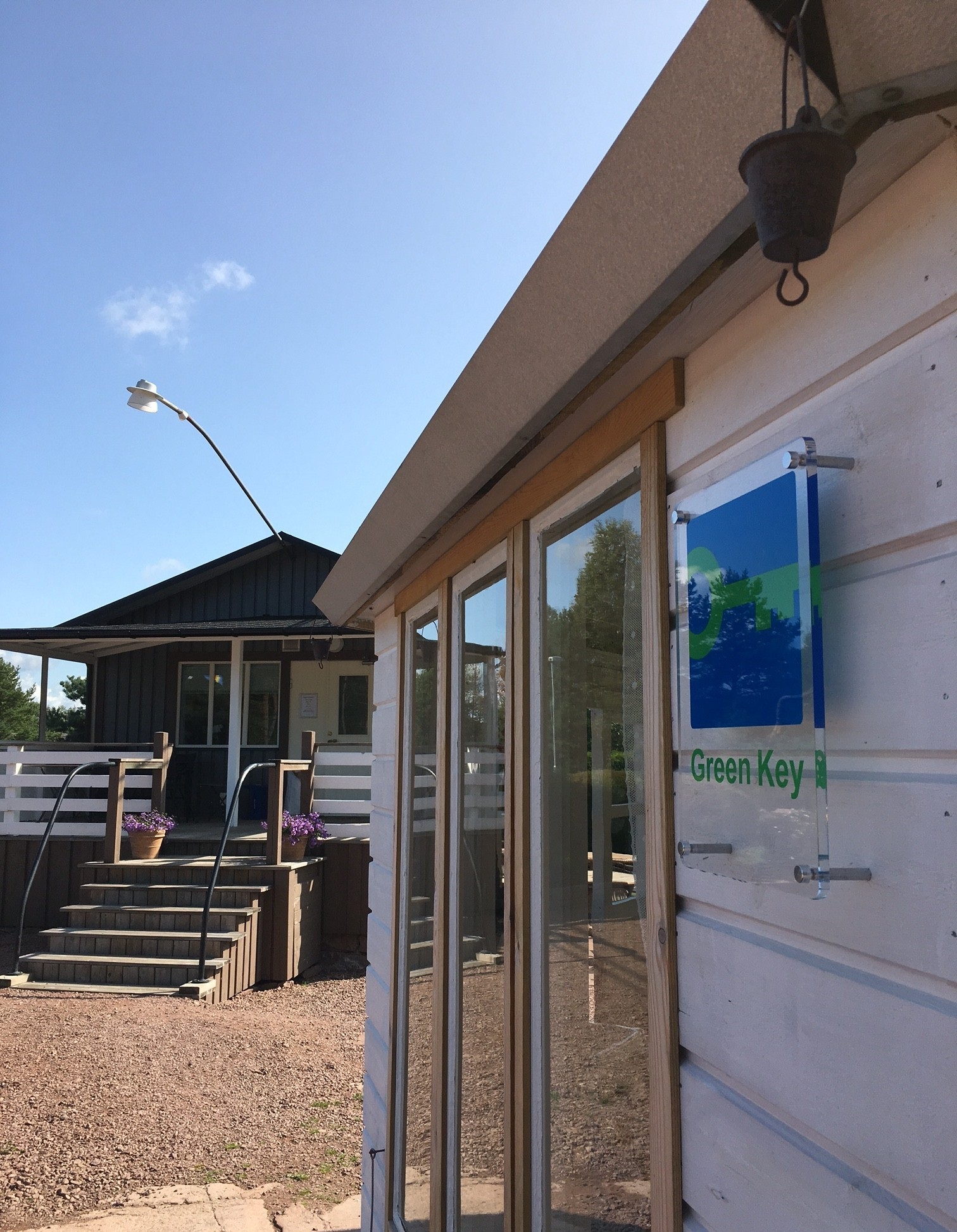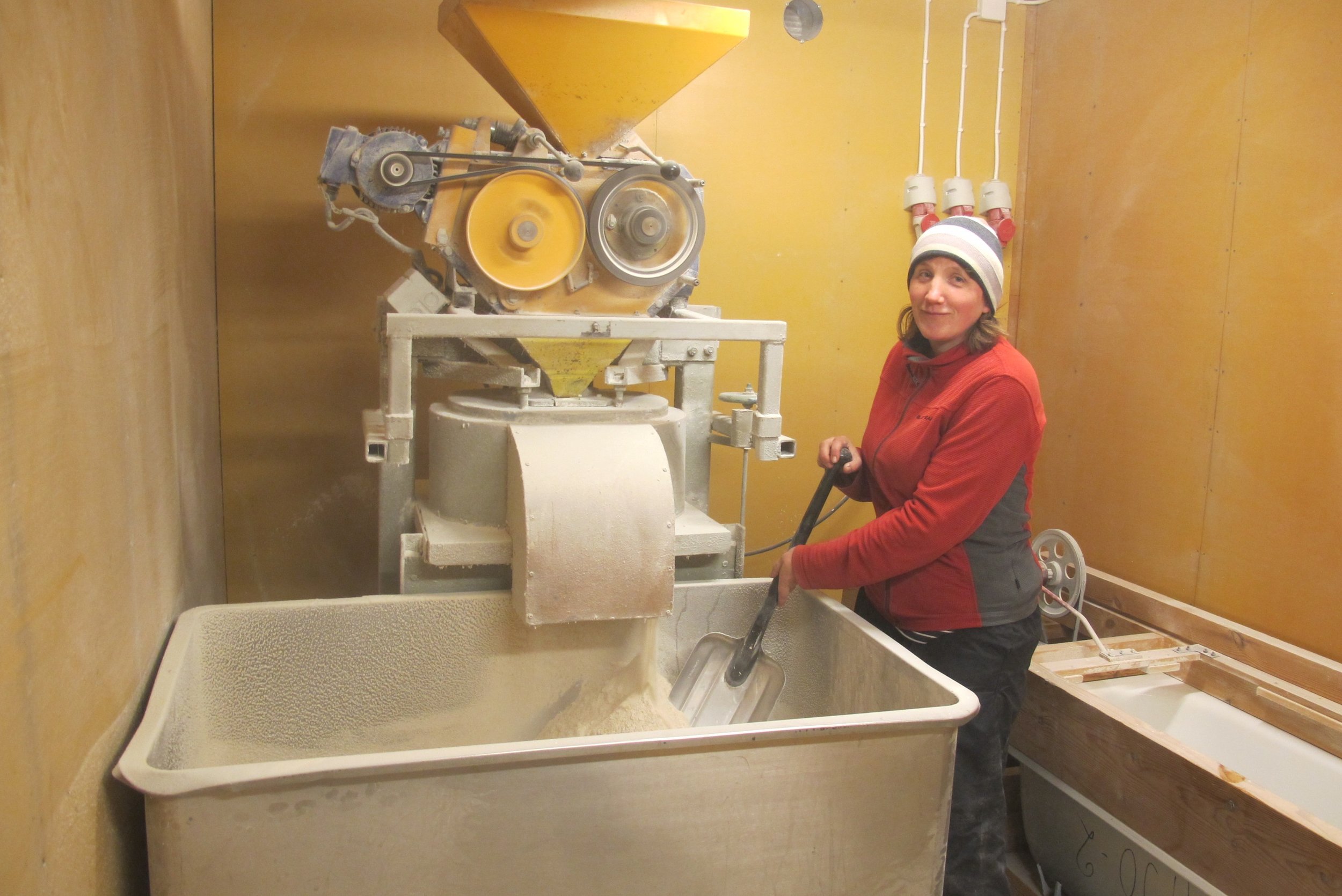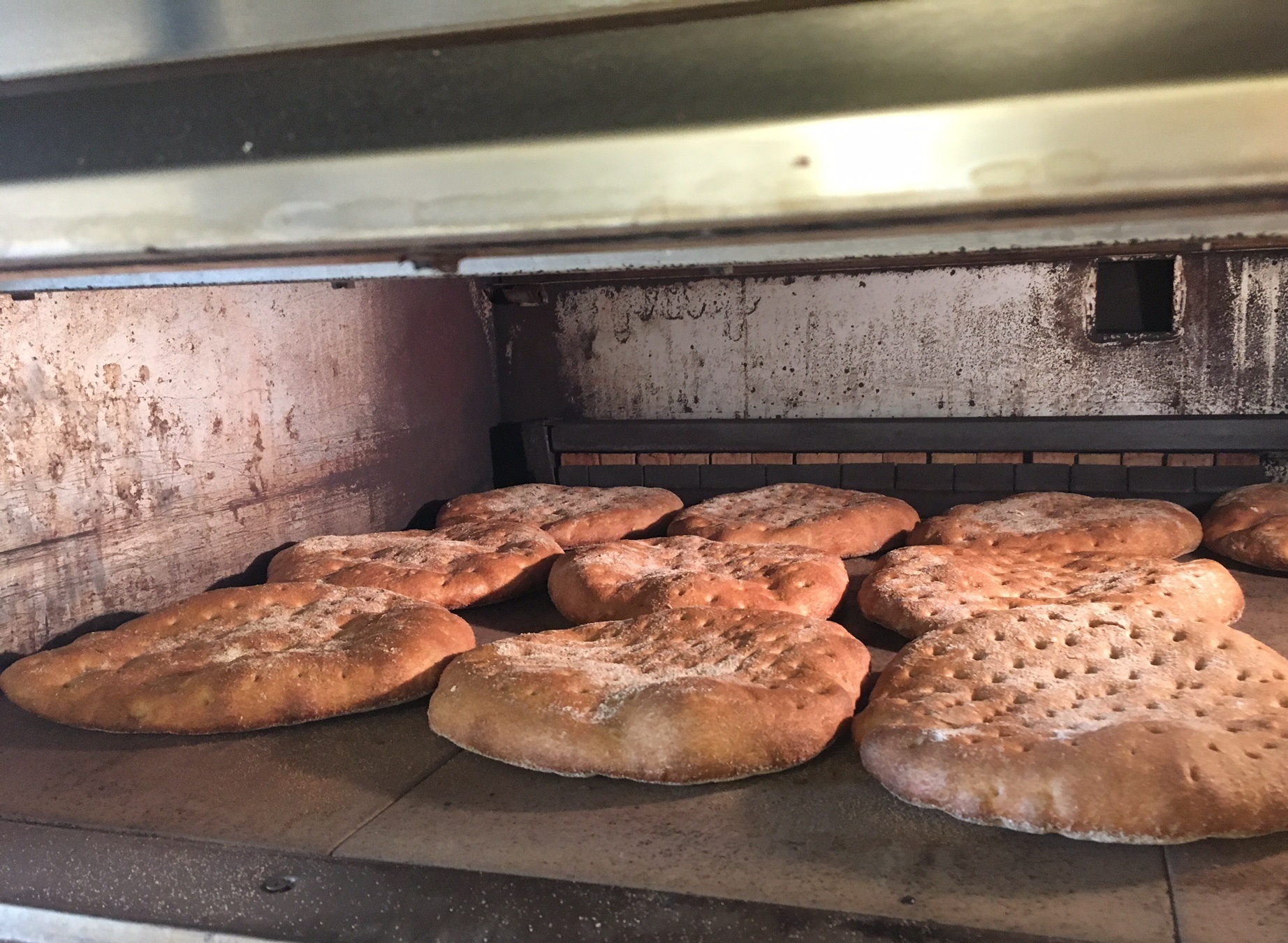Every year, Radisson Hotel Group devotes September as its Responsible Business Action Month. The month is celebrated across the globe, with hotels and corporate offices coming together for various actions to reach out to the community and support those in need. Even though focus is placed on September, many of the global initiatives are taking place year-round. The month is also devoted to contributing to Radisson Hotel Group’s global charity partners such as Just a Drop (Radisson Blu), the Global Food Banking Network (Radisson), Read Indeed (Country Inns & Suites by Radisson Hotels) and Youth Career Initiative (Park Inn by Radisson).
“During September, we make every moment matter by creating a positive impact on local communities through fundraising activities, donations and enthusiastic volunteering by our hotel teams around the globe.” says Inge Huijbrechts, Global Vice President of Responsible Business. During the month, each of Radisson Hotel Group’s brands implement programs that have a positive and unique impact to their communities.
At the Radisson Blu hotels, the Blu Planet program was supported through participation in volunteer activities related to water scarcity and water mindfulness. This included for instance Walks for Water and ocean and river clean-up activities that you can read about in our previous news feature as well as other initiatives. The highlight was the launch of Radisson Blu’s pilot Blu Planet for Housekeeping, which gives guests the opportunity to forego housekeeping services. More than 60 hotels participated in the initiative and for every night a guest opted in, the hotels donated on the guests’ behalf to the charity Just a Drop, which funds drinking water projects in Guatemala, Kenya and India.
Park Inn by Radisson continued with its award-winning initiative Adding Color to Lives with activities in support of helping youths at risk. The initiative was partnered by a world-famous street artist, Joel Bergner, and guided by him, Park Inn by Radisson employees and local youth designed and painted murals in the cities of Stuttgart (Germany), Riga (Latvia), St Petersburg (Russia), Bucharest (Romania) and Sharon, Pa. (U.S.).
Radisson Hotels focused to care and give back to communities by supporting the fight against hunger, serving meals to people in need and through food drives and fundraisers held for local foodbanks while Radisson Hotel Group’s lifestyle select brand Radisson RED had a focus on the sharing economy. The RED hotels held swapping events for fashion, books and tools and collected donations via the pay forward principle.
Park Plaza Hotels & Resorts continued the work on the “Save Tomorrow’s Trees Today” campaign while Country Inns & Suites by Radisson Hotels collected books for children in need and worked together with local communities on literacy activities.
In response to the series of devastating hurricanes that hit communities in the U.S., Latin America and the Caribbean in August and September, Radisson Hotel Group teams also came together to raise funds for employees affected and Radisson Hotels deployed a campaign to their members who helped raise 93,000 USD in donations for the American Red Cross.
Source: Radisson Hotel Group




















